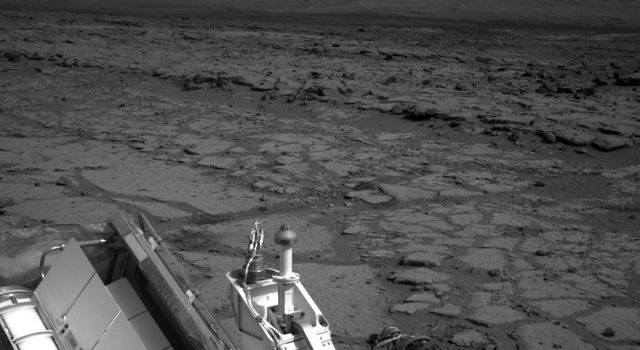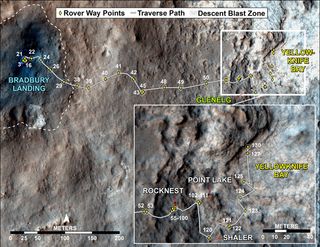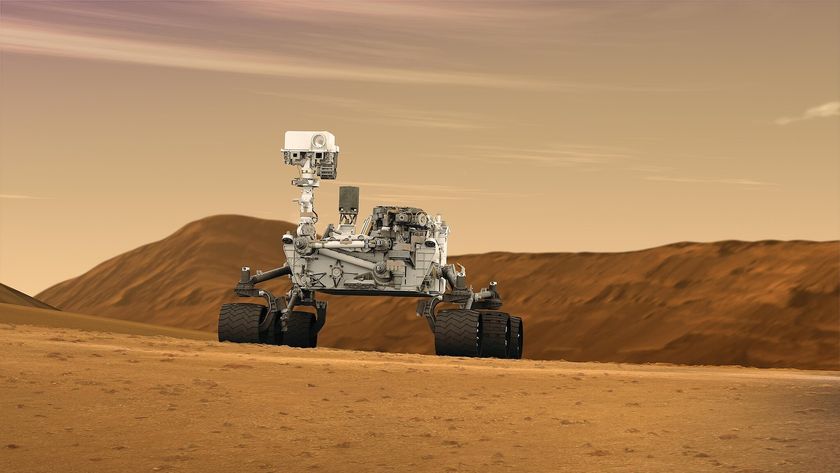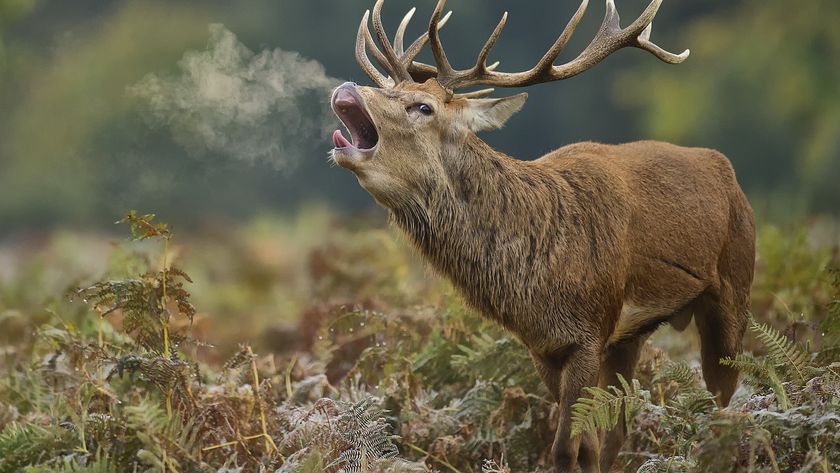Mars Rover Curiosity Spends Holidays at 'Grandma's House'

NASA's Curiosity rover worked through the holiday season on Mars by taking a close look at an intriguing bit of Martian terrain, a region scientists have lovingly nicknamed "Grandma's House."
The Curiosity rover is currently parked inside Yellowknife Bay, a shallow depression of odd terrain nestled inside the rover's vast Gale crater landing site. "Grandma's House" is an informal name for Curiosity's holiday spot inside the bay, rover team member Colette Lohr said in a NASA video.
"This is a really exciting time for the team because we've started to do what we call discovery-driven planning," said Lohr, Curiosity tactical uplink lead at the Jet Propulsion Laboratory in Pasadena, Calif. "And this is, in a sense, when we hand the rover keys to the science team."
Curiosity's handlers spent two days preloading the rover with instructions for science observations over 11 Martian days (or sols), which allowed rover team members to spend the year-end holidays with their families and friends.
The rover didn't get much of a vacation. It spent Christmas and Christmas Eve recording a 360-degree panoramic view of Yellowknife Bay that should give researchers an even clearer view of the area, Lohr said.
Yellowknife Bay, a 2-foot-deep (half-meter) basin, is an interesting spot for Mars scientists because the area contains terrain unlike any yet seen by the Curiosity rover. Mission scientists are studying rock targets in the region in order to pick one for Curiosity to drill inside.
Curiosity has been studying the region using its mast-mounted cameras and laser, but the ultimate goal is the first trial of the rover's percussive drill. The instrument is designed to drill inside a rock and collect the powdery rock sample from the interior so it can be analyzed by other onboard tools — something never-before attempted on Mars, NASA officials said. The drilling test is set for early in 2013.
Sign up for the Live Science daily newsletter now
Get the world’s most fascinating discoveries delivered straight to your inbox.

NASA's Mars rover Curiosity landed on Mars on Aug. 5 to begin exploring the Red Planet. The $2.5 billion rover's primary mission is to determine if its Gale crater landing site could have ever supported primitive microbial life.
Curiosity is currently driving toward a spot called Glenelg near the base of Mount Sharp, a 3-mile (5 kilometers) mountain that rises up from the center of its Gale crater landing site.
This story was provided by SPACE.com, a sister site to Live Science. Follow Miriam Kramer on Twitter @mirikramer or SPACE.com @Spacedotcom. We're also on Facebook & Google+.













